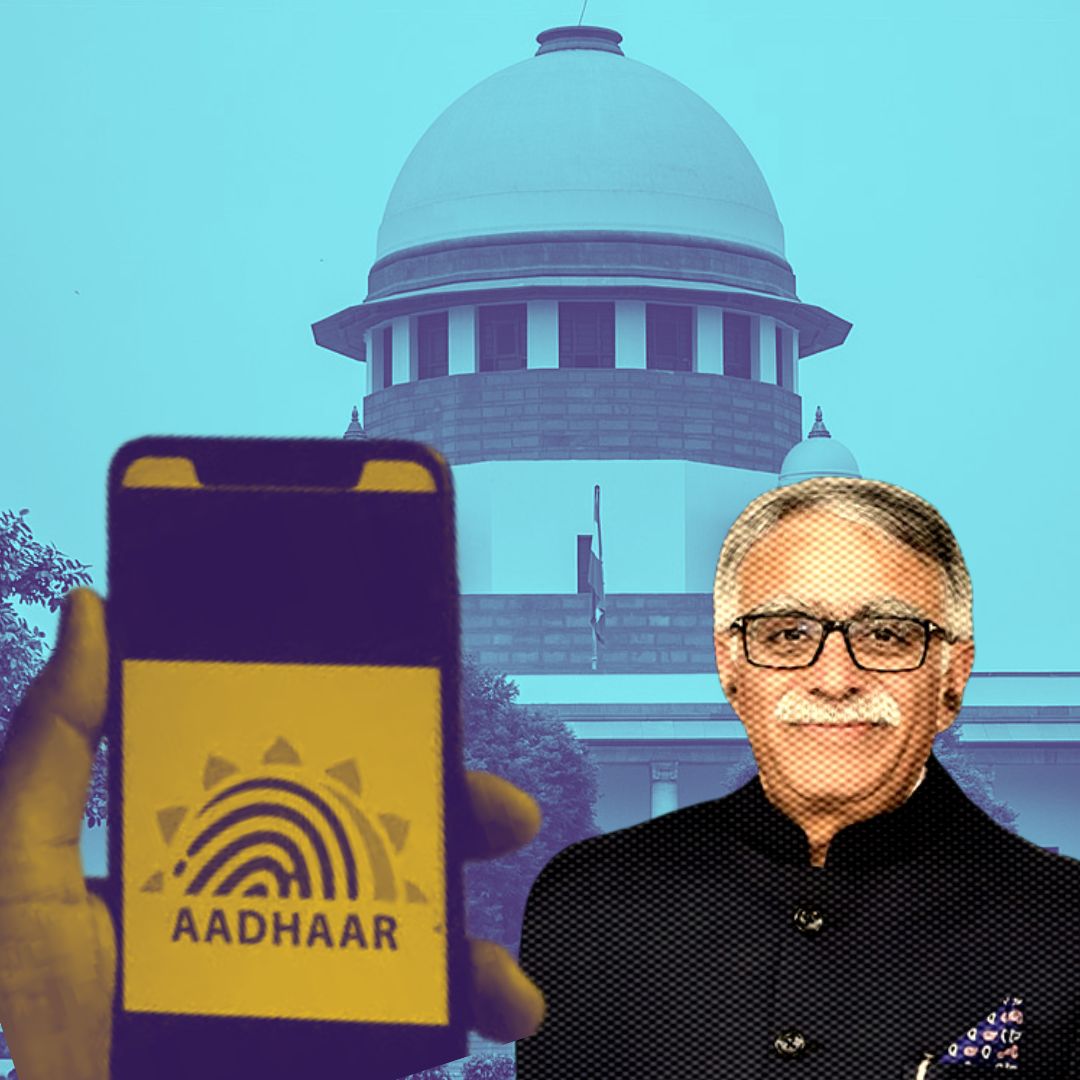The Supreme Court of India ruled on October 24, 2024, that an Aadhaar card cannot be used as valid proof of age in legal matters, specifically for compensation claims in road accident cases. This decision overturned a previous ruling by the Punjab and Haryana High Court that had accepted the Aadhaar card for age verification. The court emphasized that reliable documents like a school leaving certificate should be used instead, aligning with guidelines from the Unique Identification Authority of India (UIDAI). This ruling comes amid ongoing discussions about the appropriate use of Aadhaar as identification.
Supreme Court’s Clarification on Aadhaar’s Validity
The Supreme Court’s bench, comprising Justices Sanjay Karol and Ujjal Bhuyan, made this ruling while hearing an appeal from the family of a man who died in a road accident in 2015. Initially, the Motor Accident Claims Tribunal (MACT) awarded ₹19.35 lakh in compensation, which was later reduced to ₹9.22 lakh by the High Court based on the deceased’s Aadhaar card indicating he was 47 years old. However, the family contested this, arguing that his actual age was 45 according to his school leaving certificate. The court noted that UIDAI’s circular from 2023 clarified that while Aadhaar can establish identity, it is not authoritative proof of date of birth, thereby reinforcing the need for more reliable documentation in such cases.
Background of the Case
The case arose from a tragic incident in 2015 when a man lost his life in a road accident. Initially, MACT relied on the deceased’s Aadhaar card for age determination, leading to legal challenges when discrepancies emerged. The Supreme Court referred to UIDAI’s circular and an office memorandum from December 2018, which stated that Aadhaar is not definitive for establishing age or date of birth. This ruling is part of a broader context where various High Courts have similarly rejected Aadhaar as proof of age in legal matters, emphasizing the importance of using statutory documents like school leaving certificates.
Questions and Answers
- What is the main ruling from the Supreme Court regarding Aadhaar?
- The Supreme Court ruled that an Aadhaar card cannot be used as valid proof of age in legal matters, particularly for compensation claims in road accident cases.
- When was this ruling made, and who were the justices involved?
- The ruling was made on October 24, 2024, by a bench comprising Justices Sanjay Karol and Ujjal Bhuyan.
- What was the background of the case that led to this ruling?
- The case involved an appeal from the family of a man who died in a road accident in 2015. Initially, the Motor Accident Claims Tribunal awarded ₹19.35 lakh in compensation based on the deceased’s Aadhaar card indicating he was 47 years old, but the family contested this based on a school leaving certificate showing he was actually 45.
- What did the court say about the use of Aadhaar for age verification?
- The court emphasized that while Aadhaar can establish identity, it is not authoritative proof of date of birth and recommended using reliable documents like school leaving certificates instead.
- What are some recent developments related to Aadhaar’s validity?
- UIDAI has mandated that Aadhaar cards issued over ten years ago must be revalidated by September 14, 2024, and reiterated that Aadhaar should not be relied upon for establishing date of birth or age.
- What is The Logical Indian’s perspective on this ruling?
- The Logical Indian believes that this ruling underscores the importance of credible documentation in legal matters and encourages public awareness about verifying identity through multiple reliable sources.











